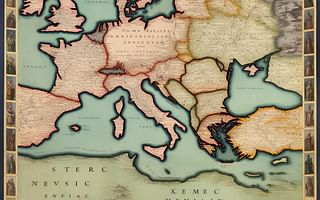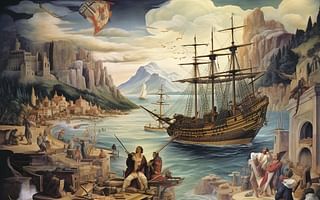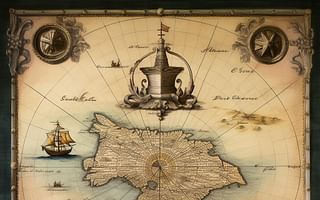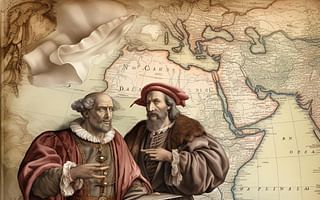🇮🇹 Italy's Role in New World Colonialism Quiz
Understanding Italy's Role in New World Colonialism
This quiz will test your understanding of Italy's involvement, or lack thereof, in New World colonialism. Answer the following questions based on the article.
Italy's rich history is a tapestry woven with fascinating threads, one of which is its unique position during the age of New World exploration and colonialism. While many European nations were establishing colonies across the globe, Italy's story was a bit different. This quiz has tested your understanding of Italy's role in this historical era, but let's delve a little deeper.
The Unification of Italy
Italy, as we know it today, didn't exist during the initial period of New World exploration. It wasn't until 1861 that Italy unified as a nation, a time when many colonial powers had already established their territories overseas. Prior to this, Italy was a collection of city-states, each with its own distinct culture and governance.
Italy's Economy in the Age of Exploration
While other nations were venturing into the unknown, Italy's economy was primarily based on trade within the Mediterranean. The Italian city-states were renowned for their flourishing trade networks, and their strategic location made them a hub for commerce and culture. This focus on regional trade, rather than colonial expansion, is a unique aspect of Italy's history during this era.
Italian Explorers
Despite Italy's lack of colonial ventures, Italian explorers like Christopher Columbus and Amerigo Vespucci played pivotal roles in the discovery of the New World. Funded by Spain, these explorers set sail in search of new trade routes and ended up changing the course of history.
Italy's Colonial Ventures
Italy did eventually embark on colonial ventures, but not until the late 19th and early 20th centuries. This was a period of significant change for Italy, as it sought to expand its influence and establish a colonial empire. However, this was a relatively short-lived period in Italy's history, and it never achieved the colonial reach of nations like Britain or Spain.
Understanding Italy's unique role in the age of exploration and colonialism provides a deeper insight into its rich history and cultural identity. It's a testament to Italy's enduring legacy that, despite its late unification and absence of New World colonies, it remains a nation renowned for its contributions to exploration, trade, and culture.






